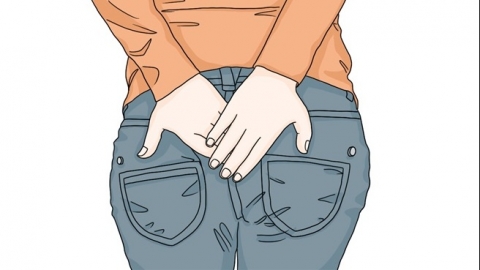Can constipation and anal fissures heal on their own?
In general, whether anal fissures caused by constipation can heal spontaneously mainly depends on the type and severity of the fissure. The specific analysis is as follows:

Fresh anal fissures have a relatively high chance of self-healing. These fissures are recent in onset, with shallow wounds and neat edges, and without obvious scar tissue. If bowel habits are promptly adjusted—such as increasing dietary fiber intake, drinking more water to soften stools, avoiding excessive straining during defecation to prevent further injury—and proper anal hygiene is maintained to prevent infection, most fresh anal fissures can gradually heal within 1–2 weeks.
Chronic anal fissures are usually difficult to heal on their own. These fissures have been present for a long time, with deeper wounds, thickened and hardened edges, and may be accompanied by complications such as enlarged anal papillae or sentinel piles. Local tissue repair capacity is reduced. Even if constipation is improved, the fissure tends to remain unhealed due to repeated friction and infection, often requiring medical intervention to promote recovery. Relying solely on natural healing yields poor results.
After developing an anal fissure, it is important to first determine its type and not blindly wait for spontaneous healing. Avoid prolonged sitting in daily life to reduce pressure on the anal area; avoid prolonged squatting during bowel movements and keep defecation time short. If the anal fissure persists beyond two weeks without healing, or if symptoms such as increased pain or more bleeding occur, prompt medical attention is necessary to prevent worsening of the condition and further complications.




